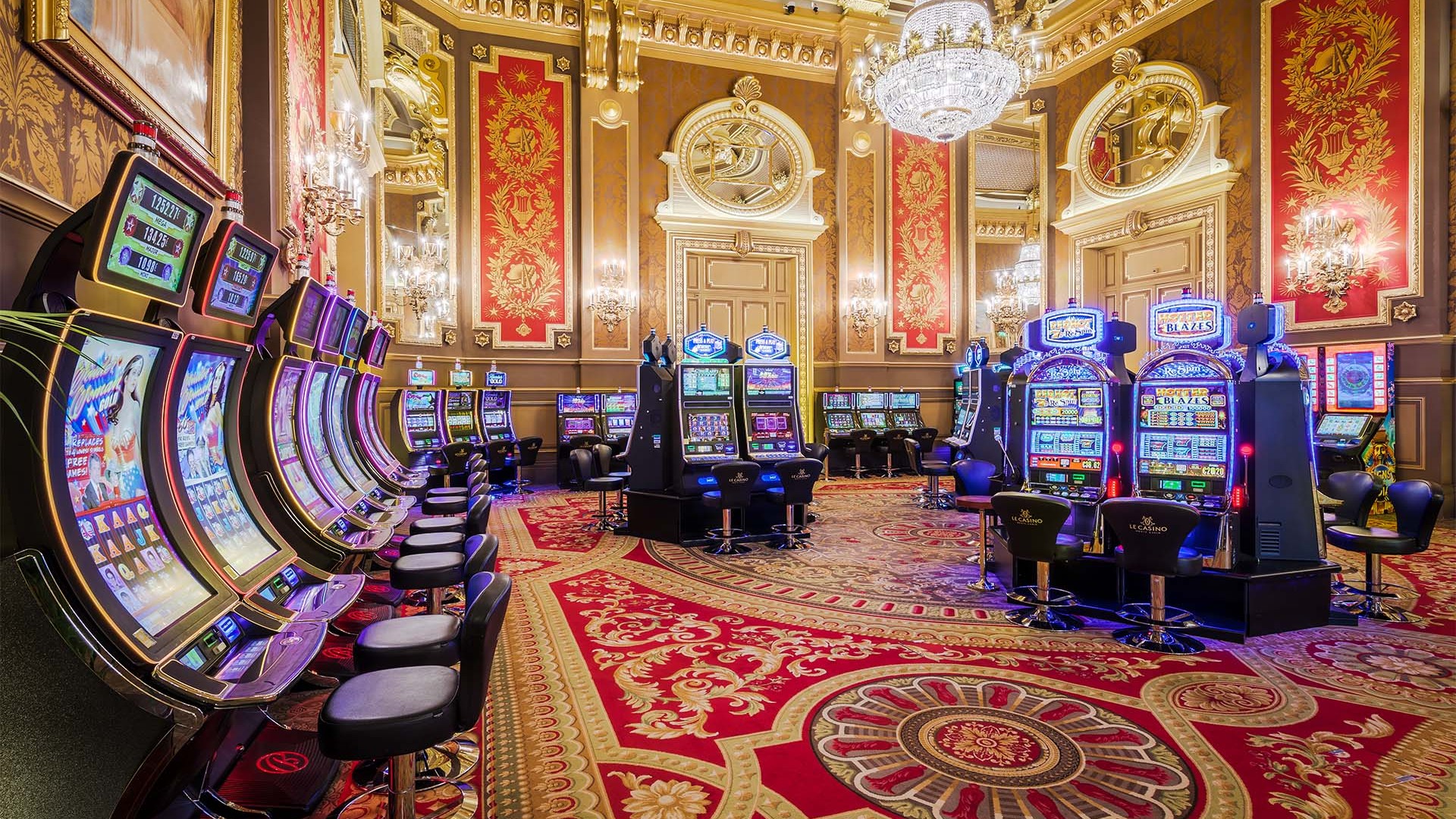
Casino experiences have long captured the fascination of humans around the world, becoming an important part of both leisure and culture. From the glimmering lights of the Vegas Strip to the engaging experience of virtual casinos, these games evoke thrill, danger, and sometimes even a sense of sentimentality. They are more than just entertainments; they have woven themselves into the fabric of our lives, influencing everything from cinema and melodies to style and books.
The allure of casino games surpasses the gambling aspect, tapping into broader themes of luck, possibility, and psychology. As players convene around a poker table or spin the roulette, they engage in an age-old ritual that resonates with our shared desire for adventure and unpredictability. This obsession has led to the rise of many references in cinema, music, and electronic games, showcasing how strongly entrenched these pastimes are in mainstream culture. Whether it is the intense drama of a classic caper or the vibrant nightlife portrayed in recordings, casino games have created a substantial place that reflects our bond with reward.
Cultural Importance of Gambling Games
Gambling games have played a key role in cultural contexts throughout history. Stemming from old civilizations, games of chance were often connected to rituals or gatherings. For instance, early iterations of gambling can be linked back to historic China and the Roman Empire, where die games and betting on outcomes were common pastimes. These activities not only served as entertainment but also as means of social interaction, facilitating connections among people within societies.
As societies evolved, so did the complexity and structure of gambling games. The establishment of formal casinos in the 17th century, particularly in the Italian region, marked a major shift in how games were perceived and organized. With specific spaces for gambling, the casino became a community center where patrons from different backgrounds gathered. This change contributed to the validation of the industry, transforming it from a mere pastime into an organized industry that influenced economy and policy.
The impact of gambling games on mainstream culture cannot be understated. As they were brought into the limelight in literature and movies, games such as Texas Hold’em and blackjack became symbols of risk, chance, and strategy. Iconic figures and narratives have emerged around these games, illustrating societal attitudes towards fortune, wealth, and immorality. This interest with gambling activities has infiltrated various forms of media, solidifying their status in the public imagination and linking them to wider cultural narratives throughout the ages.
Depiction of Gambling Games in Media
Casino activities have long been a popular subject in different types of entertainment, reflecting both the thrill and complexities of gambling culture. Films such as Ocean’s 11 and Casino Royal portray characters who navigate intense situations, showcasing not only the appeal of the gambling environment but also the strategies and decisions that come with playing popular games like poker and 21. These films often dramatize the exhilaration of winning and the potential repercussions of losing, encapsulating the dangers involved in betting.
TV programs have also explored the world of gambling activities, often integrating them into the storyline as a backdrop for character development and conflict. Series like Las Vegas depict the experiences of casino workers and patrons, highlighting the dynamic, often disorderly energy of the casino floor. Docuseries featuring high-stakes betting contests further emphasize the appeal of gambling activities, drawing viewers into the drama and planning involved in each session. Through these representations, media not only engages but also sparks conversations about luck, skill, and the nature of chance.
Digital games have increasingly included gambling activities into their structure, allowing players to simulate the experience of betting without financial risk. Games within the domain of digital gaming often include online slot machines, poker, and other casino favorites, creating an engaging environment that mirrors real-life gameplay. These digital representations make casino games accessible to a broad demographic, appealing to both risk-takers and those who enjoy the excitement of virtual experiences. As a result, the representation of casino games in media continues to shape public perception and importance, highlighting their place in society and social context. serbu4d
Effect of Gambling Activities on Society
Gambling activities have a significant impact on communities, influencing multiple aspects of societal norms and social behavior. They often serve as a platform for community engagement, where people come together to experience a common experience. Game nights with friends or trips to casinos become social activities that foster connections and create memories. This communal aspect enhances the entertainment value of gambling activities, making them a favored choice for festivities and recreational pursuits.
Additionally, casino games have been depicted in countless movies, TV series, and written works, influencing perceptions and attitudes towards gaming and betting. Icons like James Bond competing in baccarat or the high-stakes poker scenes in films have cemented these games in the collective imagination. This depiction often idealizes the lifestyle associated with casino activities, attracting new players and influencing trends in both fashion and behavior. These portrayals can spark curiosity and lead to a deeper exploration of the nuances of gaming.
Nonetheless, there are also negative consequences linked to the widespread appeal of gambling activities. The allure of quick monetary gain can lead to gambling addiction and economic troubles for some people. The community must contend with these consequences, advocating for responsible gambling and awareness of the risks involved. Balancing the entertainment value of gambling activities with the risks is vital to ensure that they remain a positive aspect of our cultural landscape.
